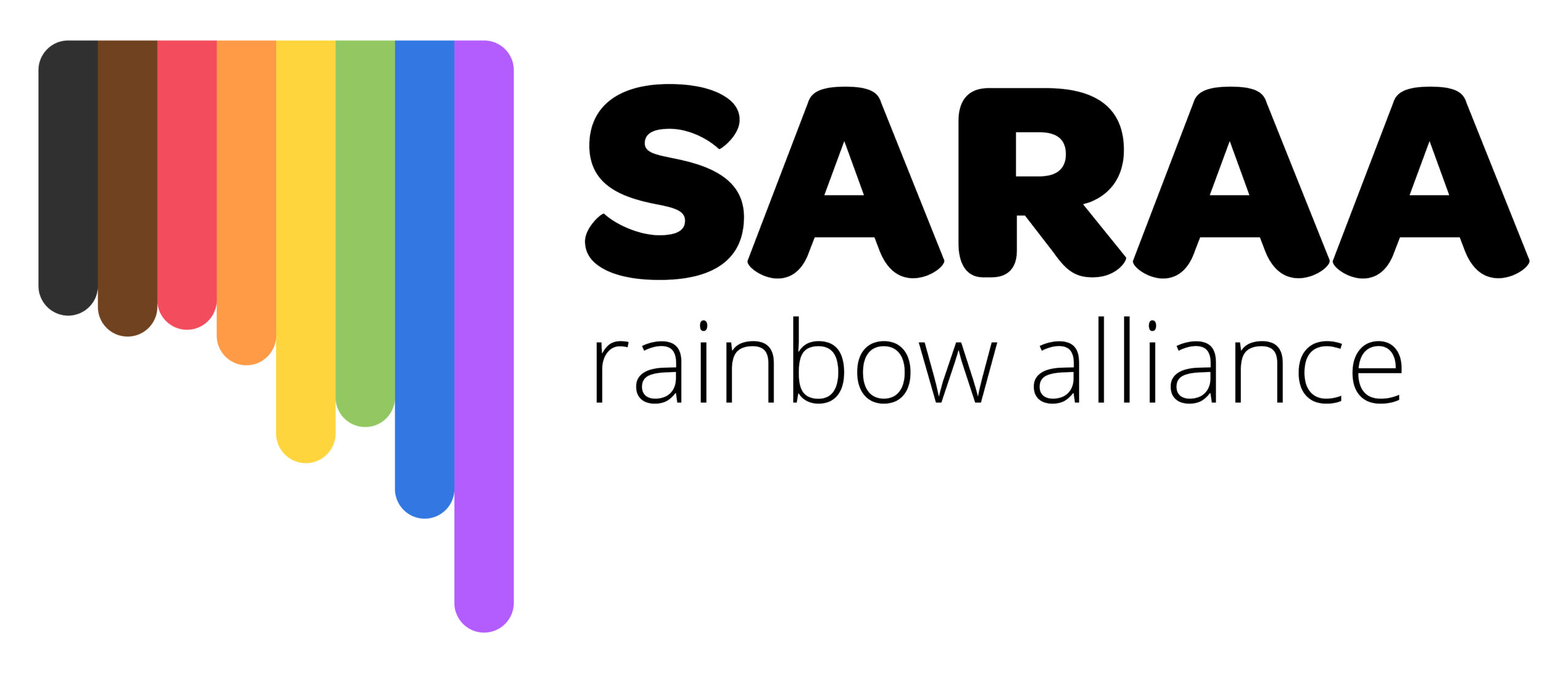We need to be counted and considered in public policy and research so we can understand and address the issues that face LGBTIQ+ communities
It is rare for LGBTIQA+ populations to be considered, or even named, in policy and strategy. We’re often not counted in government statistics and our identities aren’t respected when we access government services.
This sends an incredibly strong message to the communities: your existence is controversial, and the lives and experiences of non-LGBTIQA+ people are more important.
This invisibility not only affects LGBTIQA+ people, but it has a significant impact on how policies, laws and services are planned and provided.
Data and research used by agencies and government departments rarely distinguish between the general population and the LGBTIQA+ communities.
The absence of LGBTIQA+ specific data means that it is very hard to successfully campaign for strategies to address issues that are based on evidence and demonstrable need.
Our system creates a ‘catch 22’: data needs to be collected to provide impetus for a policy or programmatic response, but there is an absence of data and research which reinforces the misinformation that there are no issues.
The survey
To address this gap, the South Australian Rainbow Advocacy Alliance (SARAA) ran the 2019 LGBTIQA+ community survey.
The survey aimed to collect demographics about the South Australian LGBTIQA+ community and the issues that matter to us.
The most important issues to respondents were:
- health care (41.8%)
- community safety (27.7%)
- LGBTIQA+ supportive education environment (22.7%)
Other key points from the survey were:
- Only 60% of respondents felt comfortable disclosing their gender and/or their sexual orientation when accessing services.
- When accessing services, 37.7% of respondents felt that they didn’t receive sufficient and meaningful information to inform decision making.
- 64% of respondents felt that the current level of LGBTIQA+ specific services did not adequately meet their needs.
- Over 70% of respondents said that rapid HIV testing should be more readily available.
- Only 3.9% of respondents were aware of the LGBTIQA+ police liaison officers.
Read the survey results here.
